Linen clothing has gained popularity for its breathability, lightweight nature, and easygoing style, making it a favorite choice for summer wardrobes. With sustainability becoming a crucial factor in fashion, many brands have been dedicating themselves to creating high-quality, environmentally friendly linen garments. Among the top contenders in the linen clothing market are names that stand out for their craftsmanship and commitment to sustainable practices. To discover which brands made it to our list of the best linen clothing providers, read on below.
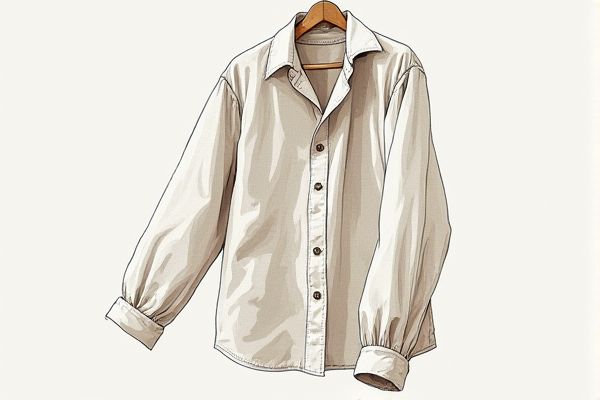
Illustration of linen clothes
Best brands of linen clothes in 2025
Eileen Fisher
Eileen Fisher is renowned for its commitment to sustainability and quality, particularly in its linen clothing. By 2020, the brand achieved a significant milestone with 99% of its linen being organic, a testament to its dedication to eco-preferred materials. The company's focus on organic linen is part of its broader strategy to use environmentally responsible fibers, with 69% of materials in their collections being eco-preferred by 2018. Eileen Fisher's linen products are not only sustainable but also part of a larger circular economy initiative, as seen in their Renew take-back program, which has collected over 1.5 million garments since its inception. This approach ensures that their linen clothes are both stylish and environmentally conscious. For more information, visit Eileen Fisher's official website.
Everlane
Everlane stands out as a leading producer of linen clothes, emphasizing radical transparency and sustainability in their production processes. In 2022, linen accounted for 3.38% of their total fiber use, and the company has made significant strides in using preferred materials, with 76% of their total volume consisting of certified recycled, regenerative, organic, responsible, and/or FSC-certified fibers. Everlane's commitment to transparency includes disclosing their suppliers and factory conditions, and they have partnered with initiatives like CanopyStyle to guide their sourcing. The brand also focuses on reducing environmental impacts, such as water footprint, particularly in water-stressed areas. Their dedication to quality and sustainability makes them a reputable choice for ethical fashion.
Uniqlo
Uniqlo stands out as a premier producer of linen clothes, utilizing European Flax™ that meets high standards since 2017, ensuring quality and traceability. The flax plant requires no irrigation, GMO, or defoliants, and only low fertilizer use, making it an environmentally friendly choice. Linen fabric from Uniqlo can absorb up to 20% of its own weight in water and offers excellent breathability and thermoregulation, suitable for all seasons. The production process involves careful steps from sowing to weaving, combining up to 30 flax batches for consistency. This attention to detail and commitment to sustainability make Uniqlo's linen collection highly durable and easy to care for.
Reformation
Reformation stands out as a leading producer of sustainable and fashionable linen clothes, with a focus on environmental sustainability. The brand uses lightweight fabrics like linen, made from flax and requiring little to no water for growth, and incorporates other sustainable materials such as recycled cotton, organic cotton, and deadstock fabrics. Reformation's production process is remarkably efficient, turning sketches into dresses in about a month, and their Marlowe Dress, for example, saves nine pounds of carbon dioxide, one gallon of water, and one pound and one ounce of waste. In 2021, Reformation reported significant environmental savings, including 35,036 metric tons of carbon dioxide and 4,112 million gallons of water compared to conventional clothing production. The brand also offsets its product footprint 100% and encourages recycling through its free clothing recycling service.
Vince
Vince is renowned as a premium producer of linen clothes, known for its high-quality and stylish designs. In fiscal 2023, the company reported a gross margin of 45.5%, reflecting its commitment to quality and profitability. Despite an 18.1% decrease in total company net sales to $292.9 million, Vince maintained strong margin expansion, indicating its focus on disciplined inventory management and reduced promotional activity. The brand's linen products, such as the Linen Long-Sleeve Shirt, are made from 100% linen and are designed for comfort and luxury. Vince's strategic partnerships and cost savings plans further enhance its position in the market.
J.Crew
J.Crew is renowned for its commitment to sustainability and quality, particularly in its linen and cashmere collections. The brand has made significant strides in responsible sourcing, with a goal to produce 90% of its cashmere and chino collections in Fair Trade Certified™ factories by 2025. J.Crew's cashmere comes from over 1,000 farms in Inner Mongolia, all certified to The Good Cashmere Standard®, ensuring the welfare of cashmere goats and farming communities. The company has also launched programs to protect biodiversity and advance regenerative agriculture practices. Additionally, J.Crew has implemented initiatives to reduce waste, including minimizing packaging and recycling materials. For a detailed insight into their sustainability efforts, you can view the J.Crew Impact Report.
Linenfox
Linenfox is a leading brand in the production of high-quality, sustainable linen clothes, committed to using organic cotton, linen, and recycled materials to reduce environmental impact. The company emphasizes ethical sourcing practices and promotes material transparency, although it lacks comprehensive sustainability reporting. Linenfox's products, such as medium-weight linen and linen wool blends, are designed for durability and comfort, making them ideal for various climates. The brand's commitment to sustainability aligns with the growing global demand for eco-friendly textiles, a trend expected to drive the linen yarn market at a CAGR of 5.80% from 2023 to 2030. With its focus on quality and sustainability, Linenfox contributes to the industry's shift towards more environmentally conscious practices.
H&M Conscious
H&M, through its sustainability initiatives, has made significant strides in using sustainable materials. As of 2018, H&M Group reported that 57% of all materials used in their production were from recycled or sustainably sourced fibers, with 95% of cotton being sustainably sourced, aligning with their goal to use only recycled and sustainably sourced materials. The company has also been working on increasing transparency and developing technologies to recycle complex fabrics. For more detailed insights into their initiatives, you can visit their sustainability page.
Amour Vert
Amour Vert stands out as a leading producer of sustainable linen clothes, founded in 2010 by Christoph Frehsee and Linda Balti and headquartered in San Francisco, California. The brand is committed to creating luxuriously soft women's clothing using pure, low-impact materials, with 97% of their products made in California. Amour Vert holds certifications such as the Global Organic Textile Standard (GOTS) for cotton and Forest Stewardship Council (FSC) certified beechwood fibers. They also partner with American Forests to plant a tree for every tee shirt purchased and use compostable and recycled packaging materials. Their approach to fashion is grounded in circularity, utilizing deadstock fabrics and promoting a resale marketplace called ReAmour.
Muji
Muji is renowned for its high-quality linen products, utilizing 100% pure linen in both clothing and household goods, highlighting the natural and durable properties of this fabric. The brand's commitment to minimalistic Japanese design and functional quality has made it a leader in the market. Muji's linen products become softer and deeper in texture with use and washing, ensuring long-lasting quality. The brand's global strategy focuses on material selection, process streamlining, and packaging simplification, contributing to its success. In fiscal year 2023, Muji generated almost 109 billion Japanese yen in net sales through its apparel segment in Japan.










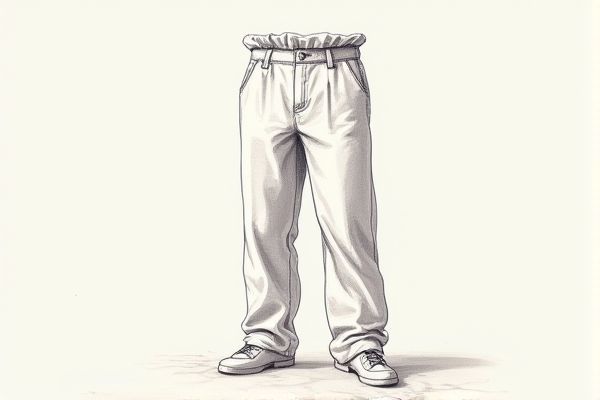
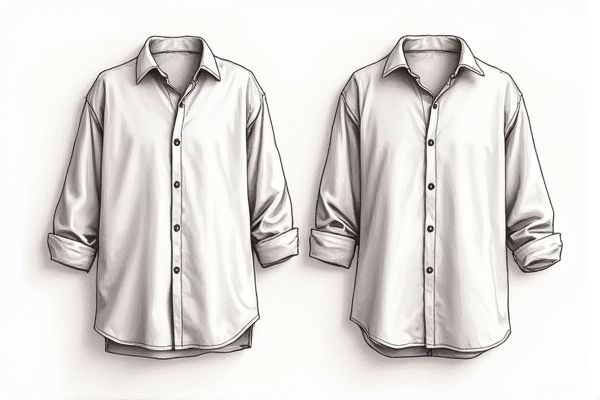
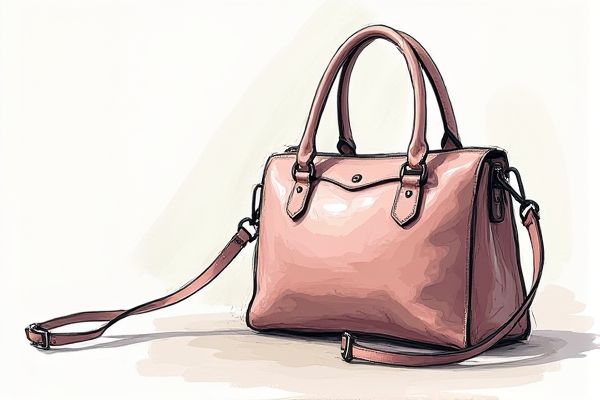
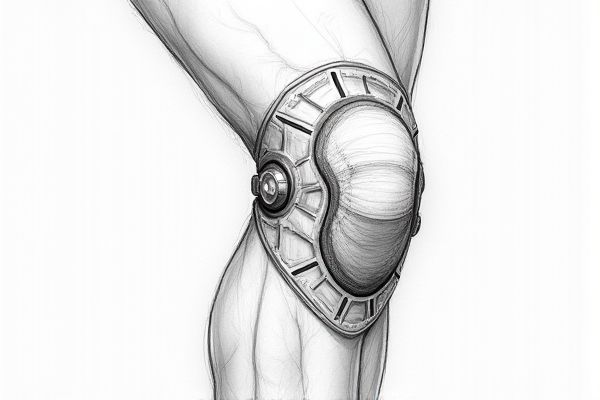
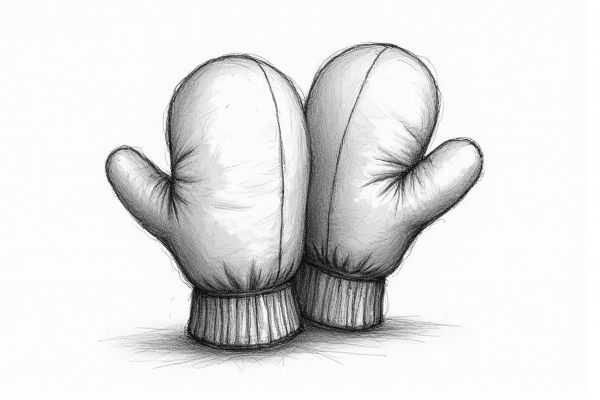
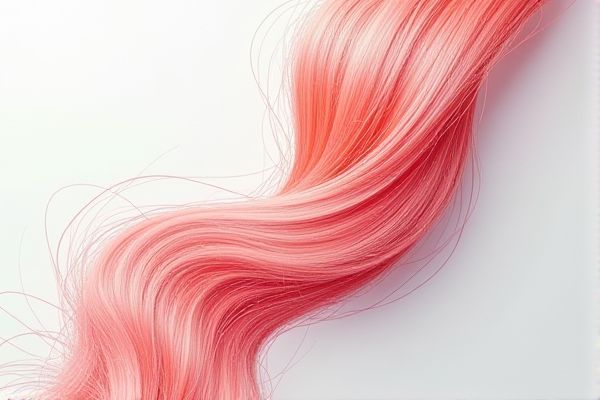
Leave a Reply
Your email address will not be published.